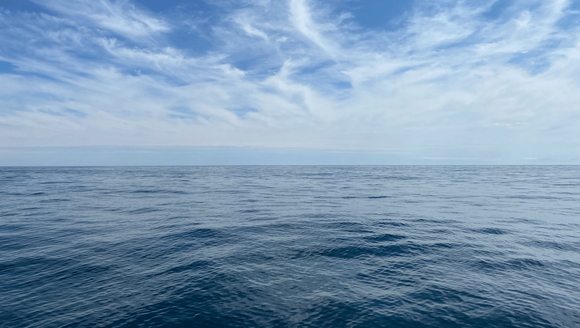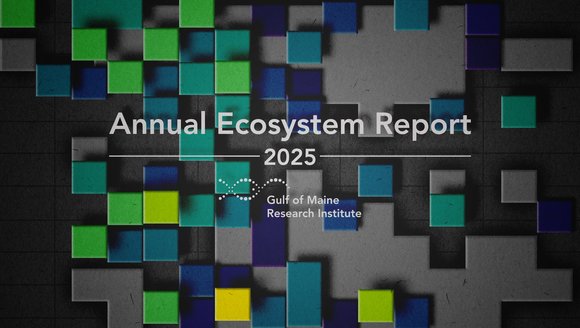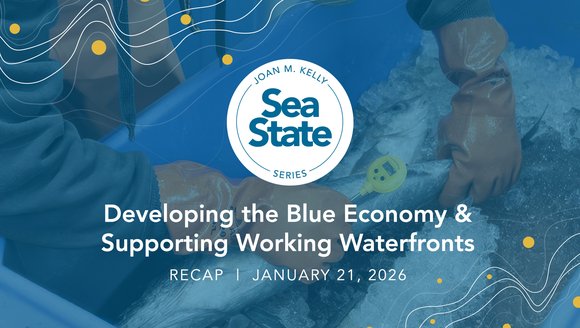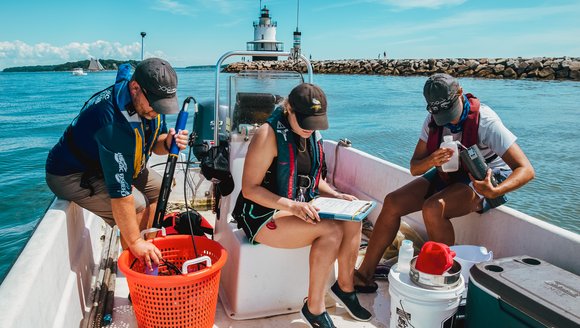Re-evaluating the Cultural Value of Fisheries and Working Waterfronts
Ensuring that all voices and perspectives are included when developing environmental policy
By conducting case studies in Japan and the US that more closely examines the relational values that local populations develop as they work with their surrounding ecosystems to maintain livelihoods, our research will introduce currently missing perspectives to international discussions focused on defining the concept of Ecosystem Services. The controversial debate around the notion of Ecosystem Services, some researchers argue, currently puts too much emphasis on perspectives from ecologists and economists, and fails to include other relevant perspectives from local communities and social science experts in fields like sociology and anthropology. Our case studies will allow these international discussions to include more refined notions about some of the more controversial and nascent ideas surrounding critical components that should be included in environmental policy discussions.
Project Goals:
- Convene International workshops to develop and operationalize the linkage between ‘relational values’ and ‘Nature’s contribution to People’
- Conduct comparative case studies of coastal communities that depend on fisheries as livelihood to expand on the concept of relational values.
- Contribute methodological and conceptual insights to the ongoing international biodiversity and ecosystem conservation discussion through an international platform.
The concept of Ecosystem Services continues to evolve, and researchers around the world have recently introduced the notions of ‘Nature’s contribution to People’ along with the notion of ‘relational values’ to broaden the understanding of those services. These researchers argue that current frameworks, such as the Millennium Ecosystem Services Assessment (MA), depend too heavily on ecologists and economists and ignore relevant perspectives from from experts in social science fields like sociology, anthropology and ethnography. Experts from these fields could contribute currently lacking perspectives and ideas that would lead to more a more robust, all encompassing Ecosystem Services framework.
The introduced terms above are already fiercely debated in international forums like The Intergovernmental Science-Policy Platform on Biodiversity and Ecosystem Services (IPBES), but because of how novel these concepts are, these debates could be improved through real-life case-studies that explore these notions. This research aims to conduct three case studies, in Japan and US, to identify and develop assessment tools that clarify the importance of concept of ‘relational values’. Our studies will focus on the relational values that develop as local populations interact with their surrounding ecosystems to maintain their livelihoods. Further, this research will introduce these case-studies and the methodology to international platforms like IPBES. This will enable researchers at the international stage to more critically assess the current environment policy framework which emphasizes economic efficiency, by highlighting the importance of incorporating interdisciplinary, local perspectives into the discussion.
Project Team
Read Next
-
Atlantic Meridional Overturning Circulation (AMOC) 101
This 101 explainer breaks down what the AMOC is, how it influences climate, what scientists are observing now, and what a changing AMOC could mean …
Perspectives
-
2025 Casco Bay Ecosystem Monitoring Report
Dive into the latest findings from a decade of nearshore monitoring in one of the world's fastest-warming marine ecosystems.
Reports
-
Sea State Recap: Developing the Blue Economy and Supporting Working Waterfronts
At our latest Sea State Seminar, we turned our attention to the people and places that keep Maine’s coastal economies alive. Framed by the theme …
Perspectives
-
2025 Research Progress Update
Each year, to keep you updated on our research team's progress, we develop an update showcasing some of our lab's achievements. More broadly, this update …
Reports



